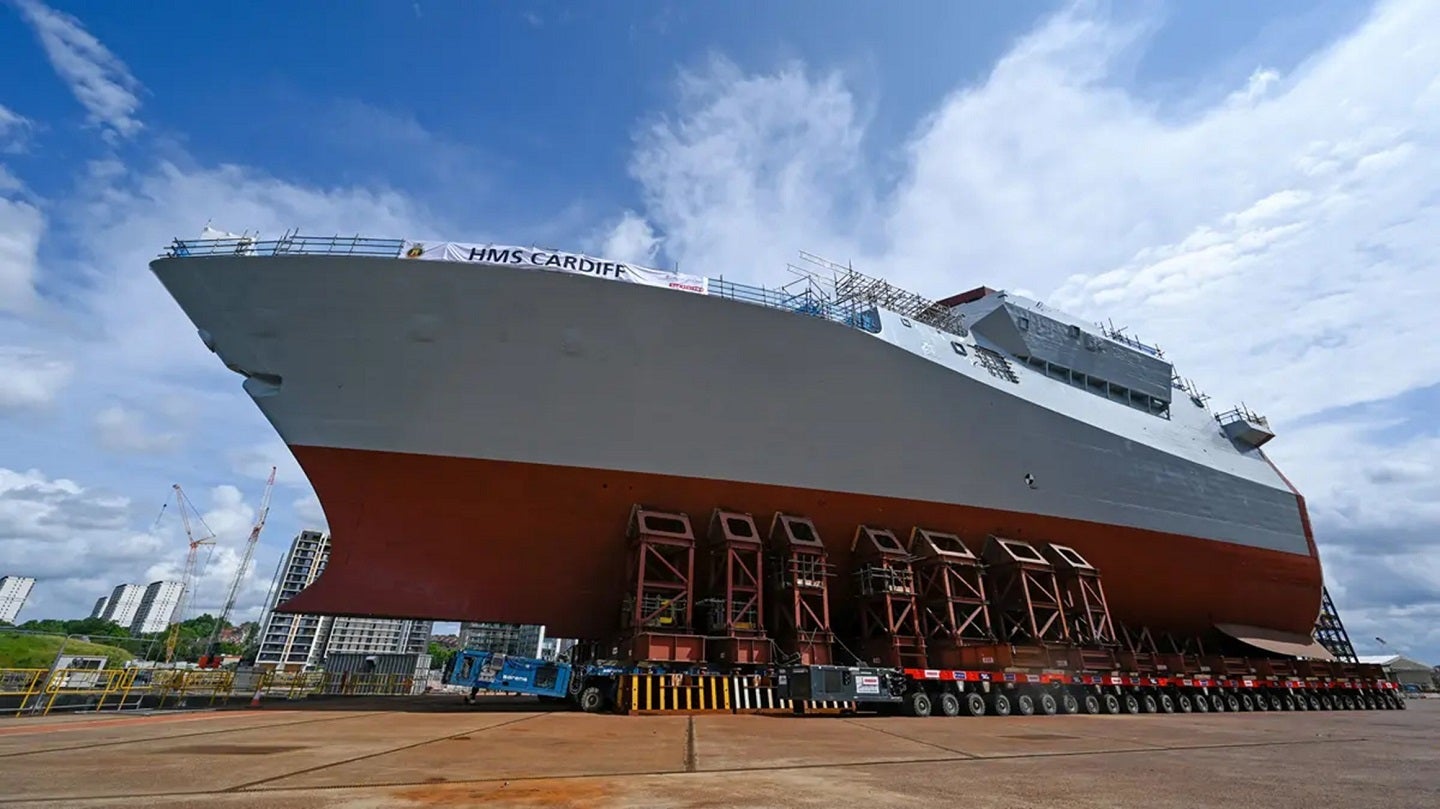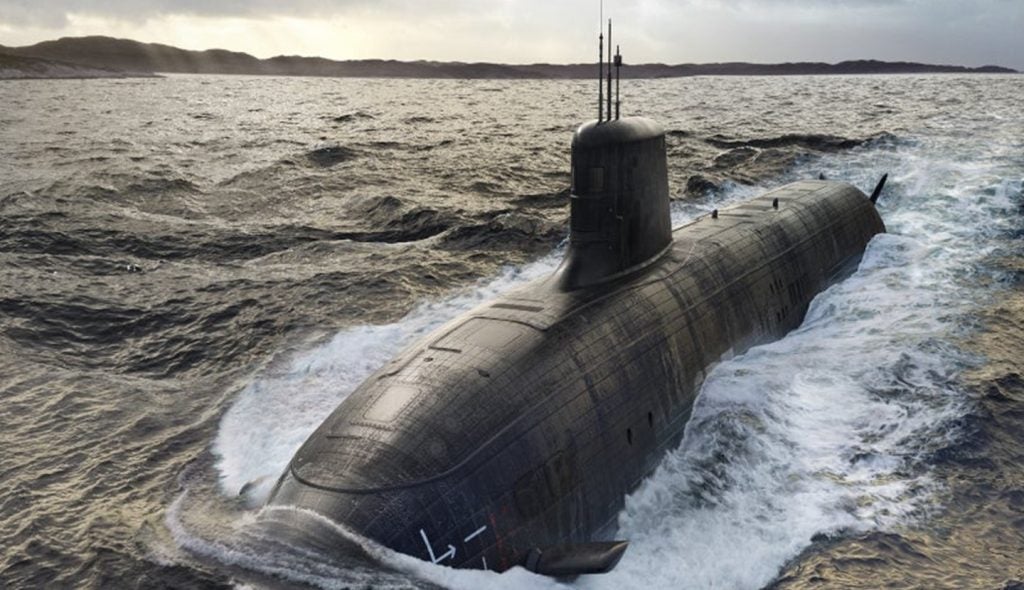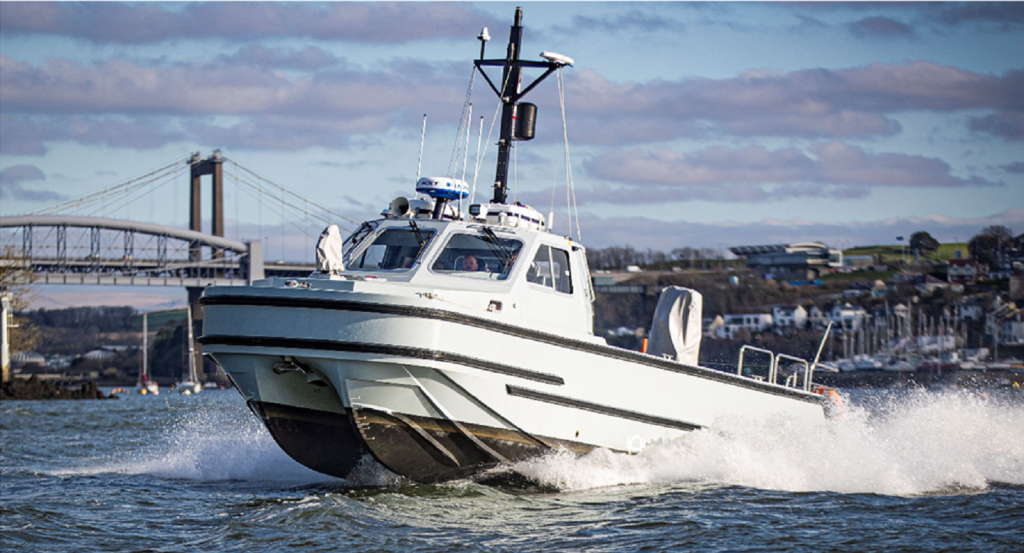
More than 30 members of Unite, the trade union, have averted planned strikes on the Type 26 frigate project at BAE Systems Govan and Scotstoun shipyards.
CBL Cable Contractors clinched a pay victory, with union members secured a pay rise of £3.05 per hour, signalling a wage increase of up to 22.8% for the lowest-paid workers.
Unite triumphs at BAE Systems shipyards
Unite general secretary Sharon Graham emphasised the significance of the deal. “The CBL Cable workers have secured a significant victory. Remember that it was only because our members were prepared to take strike action that the company returned to the table with an improved offer.
“We are pleased the new year has begun for the CBL workforce with a pay deal secured by Unite, which delivers better jobs, pay and conditions.“
The pay dispute, which had led to the planned strikes in January, February, and March, centred on Unite’s insistence that workers be paid the BAE Systems shipyard rate or receive an additional £1 per hour on top of the existing pay rates. The disagreement also encompassed travel-related payments owed to Unite members.
BAE Systems’s position on the CBL strike action has stayed the same since last month, with a BAE spokesperson reiterating in December: “This is a matter between CBL, its employees and Unite. We have contingency plans in place to ensure sustained, safe, and secure operations at our site.”
Under the Joint Industry Board Agreement governing Clyde shipyards, standards for employment, grading, and apprentice training in the electrical contracting industry were established. This agreement, including travel time and using personal vehicles for commuting, entitled workers to a mileage allowance.
BAE Systems’ Type 26 frigate progress
This news development is welcomed as the Royal Navy’s Type 26 frigate programme has faced delays. As per the latest information, it is said that the first-in-class will reach its initial operational capability by October 2028 instead of October 2027 at an extra cost of £233m ($288.2m), according to GlobalData’s “The Global Naval Vessels and Surface Combatants Market 2023-2033” report.
Against the backdrop of this resolution, the UK Ministry of Defence’s £4.2bn contract awarded to BAE Systems in November 2022 for manufacturing five City-class Type 26 frigates for the Royal Navy in Glasgow takes on added significance. Estimated to sustain over 4,000 jobs across BAE Systems and the wider UK maritime supply chain, this contract underscores the role of collaborative efforts in ensuring the success of major defence projects.
In other Type 26 developments, BAE Systems has commenced the construction of a ship hall to advance the assembly of the UK Navy’s Type 26 frigates. This investment aims to modernise shipbuilding processes, with BAE Systems currently working on the initial three of the contracted five City-class frigates.
The new facility allows parallel assembly of two Type 26 frigates. HMS Glasgow, the first Type 26 frigate, was launched in 2022.







